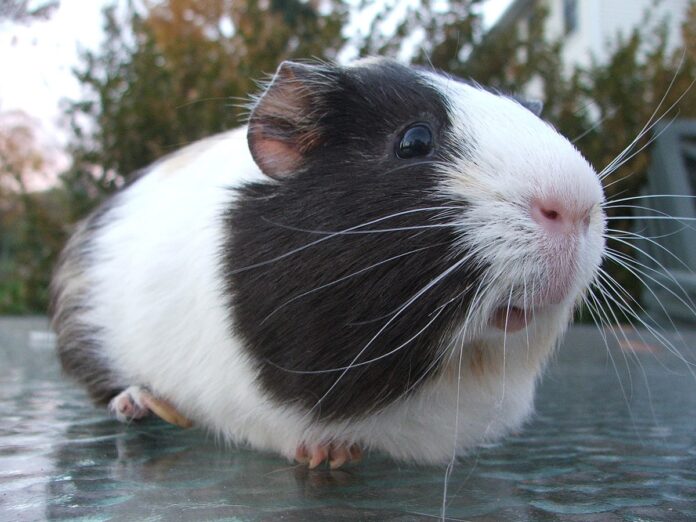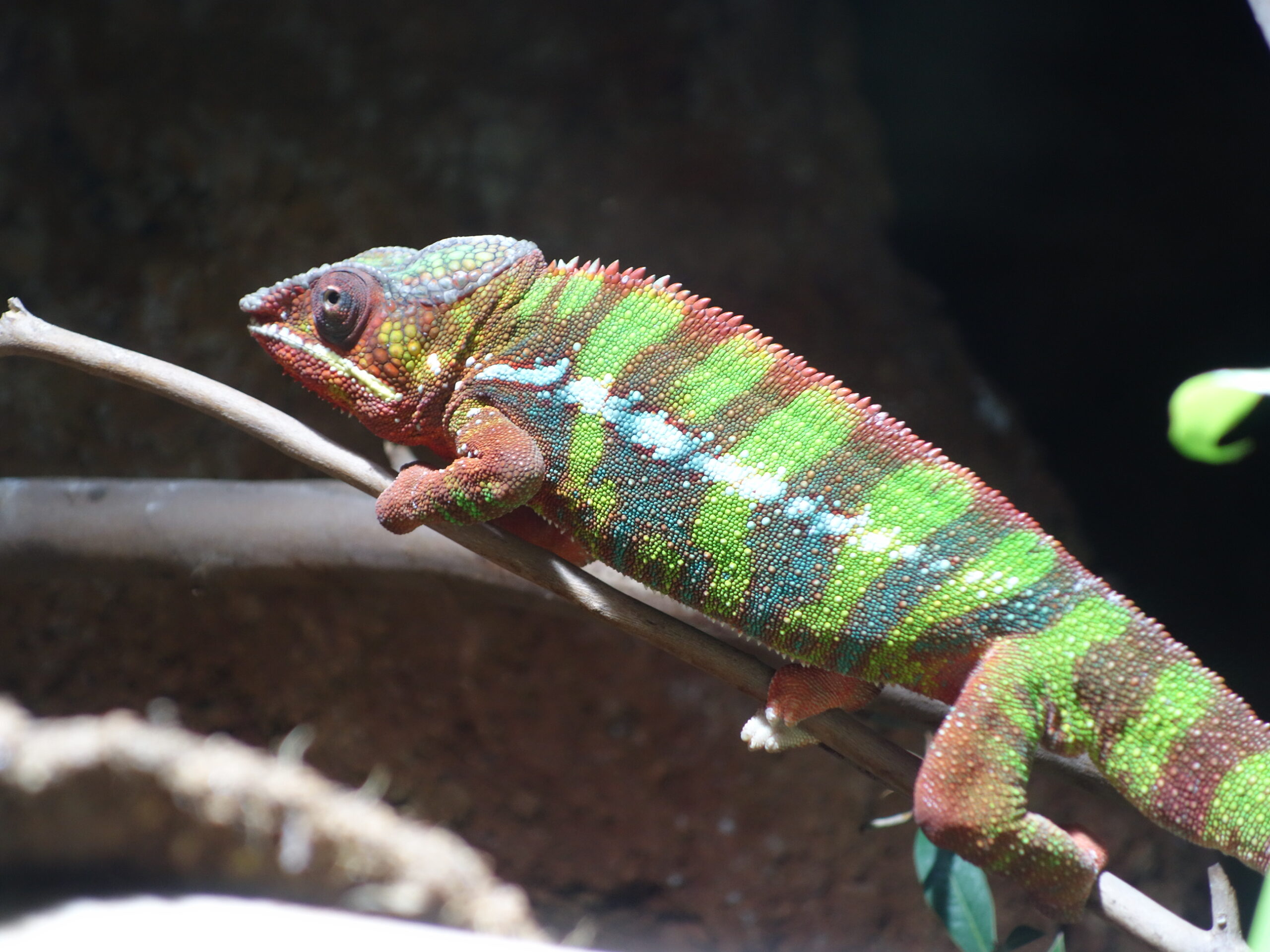Last Updated on December 14, 2023 by Fumipets
9 Guinea Pig Sounds and Their Meanings
Guinea pigs are expressive pets that communicate through a variety of sounds. Understanding these vocalizations is crucial for owners to interpret their pets’ feelings and needs accurately. From joyful squeaks to warning chirps, guinea pig sounds provide valuable insights into their emotional states.
Guinea Pig
Guinea pigs are amusing pets because they like interacting with humans and other animals. They can live peacefully with a group of other guinea pigs, but they can also survive on their own. The majority of guinea pig sounds are produced as a form of communication that they use to let other animals and human partners know how they are feeling. But what do the various noises that guinea pigs produce really mean? Let’s investigate the most typical sounds and what they signify!
The 9 Guinea Pig Sounds
1. “Wheeking”
When guinea pigs are enthusiastic or looking forward to something they appreciate, they often make this sound. This sound resembles a whistle and a loud, prolonged screech. When lunch is approaching, most owners hear their guinea pigs wheek.
2. Rumbling
Rumbling, often known as motorboating, is a sound that males frequently create during mating season to attract the interest of a possible female partner. When they are in heat, some females will make this noise, however. This sound resembles a deep rumble, as its name would imply, and it is sometimes accompanied with an ungainly mating dance.
3. Purring
A guinea pig’s purring sound might indicate anything pleasant or bad. The guinea pig is typically comfortable and feels secure when its posture is calm, its purr is soft, and its tone is low. The animal is often anxious or irritated if its posture is rigid and its purr is louder and higher pitched.
4. Hissing
Guinea pigs will hiss to let you know they want to be left alone when they are agitated or upset. If the circumstance that is upsetting them is not rectified right soon, this hostility may become vicious and result in biting and fleeing.
5. Teeth Chattering
Teeth chattering is an aggressive indicator, much as hissing. This often indicates that a guinea pig is really angry and frustrated. When these creatures chatter, they often flash their teeth, which is a warning to back off and avoid the area. Depending on the circumstance, they may grind their teeth at people or other guinea pigs.
6. Shrieking or Screaming
Happily, guinea pigs do not typically make this noise if they are given proper care, so it will instantly catch your attention. Screaming or shrieking is often only made by terrified or hurt guinea pigs.
7. Whining
When a guinea pig gets irritated or dissatisfied with anything going on around them, they often start whining. They could also act in this way if they feel unwell and want medical assistance. When a guinea pig whines, it’s important to check on it to make sure nothing shady is going on and that it’s not sick in any manner.
8. Chirping
No one appears to understand the chirping of a guinea pig. They don’t seem to be distressed or unduly thrilled while they work. In fact, some pet owners believe that when their guinea pigs chirp, they seem to be hypnotized. A bird mimicking chirping may be heard. However, we as humans don’t appear to understand the significance of the noise.
9. Chutting
When guinea pigs are pleased with their environment, they prefer to chut. While they are comfortable and well-fed, they may chut in their habitat, or they may chut about the home when they are relaxed and exploring. Owners of these animals may relax knowing that everything is well with them when they chut.
Conclusion
Knowing more about guinea pig communication can help you better understand how to meet their needs and desires as time goes on. You now understand the guinea pig sounds and language and should be able to properly communicate with them, whether you currently own one or more guinea pigs or you are just considering adopting one. By doing this, you’ll strengthen your relationship with them and make sure their wellbeing comes first at all times. In the comments area below, let us know your favorite guinea pig sounds.
Questions and Answers About Guinea Pig Sounds:
What are common guinea pig sounds and their meanings?
Guinea pigs use a range of sounds to convey different messages. A content purring or rumbling indicates happiness, while high-pitched squeals may express excitement or anticipation. Chirping or whining sounds can signal discomfort or anxiety, and teeth chattering may indicate annoyance or aggression.
What does purring or rumbling mean in guinea pigs?
Purring or rumbling in guinea pigs is a sign of contentment and relaxation. This gentle sound often occurs when they are being petted, cuddling with companions, or simply enjoying their environment. It signifies a positive and happy state.
Why do guinea pigs make high-pitched squeals?
High-pitched squeals are typically expressions of excitement, joy, or eagerness. Guinea pigs may emit these sounds when anticipating meals, during playtime, or when they encounter something they find interesting. It’s a lively and positive vocalization.
What does teeth chattering indicate in guinea pigs?
Teeth chattering is a warning or aggressive sound in guinea pigs. It signals discomfort, annoyance, or a sense of threat. Guinea pigs may produce this sound when they feel territorial, encounter a perceived danger, or are in the presence of an unfamiliar guinea pig.
How can owners respond to guinea pig sounds?
Owners should pay close attention to their guinea pigs’ sounds to understand their needs and emotions. Responding with positive reinforcement to content purring, ensuring a comfortable environment, and addressing any sources of stress can contribute to the well-being of the guinea pig. Conversely, if a guinea pig exhibits signs of distress, it’s essential to identify and alleviate the cause promptly.


















